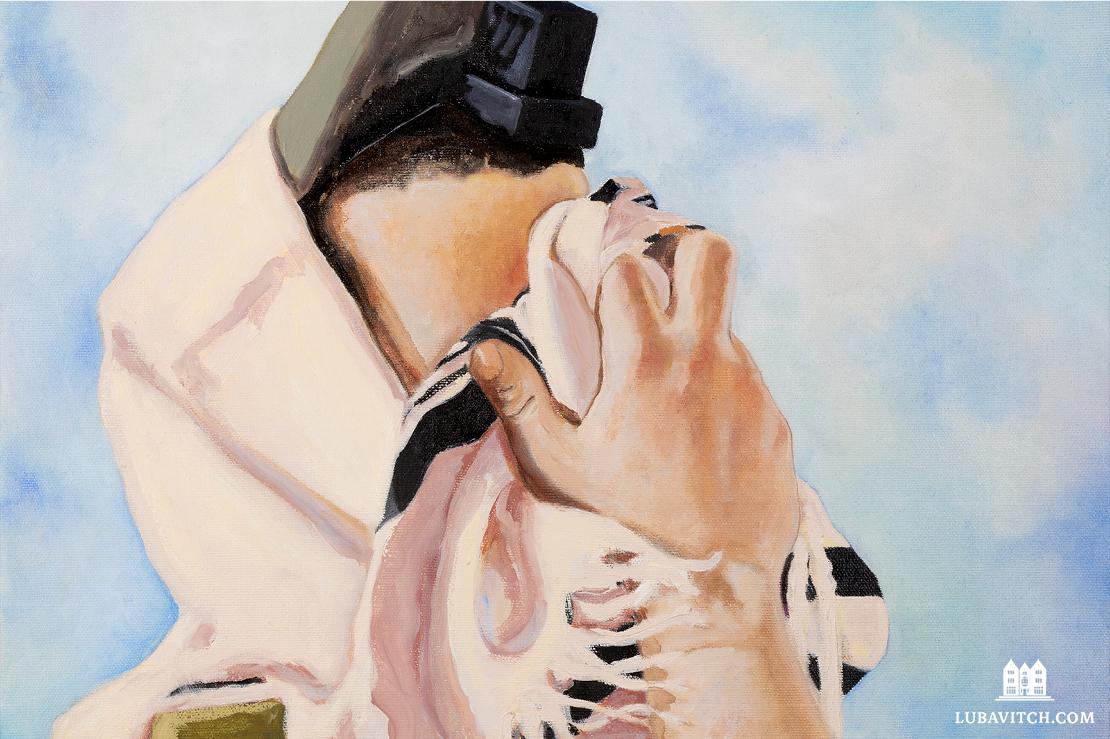Is there a lonelier place than the waiting room of a cancer hospital? Recently I sat in one, waiting for the surgeon to tell me the results of my wife’s operation. Together with the others there, husbands and wives, fathers and mothers, and children, we made a quiet crowd. There wasn’t much eye contact. Each of us was making their solitary way through the House of Cancer.
Ralph Waldo Emerson said no one’s life is so secure that a few words can’t shatter their peace of mind. In early June we got those words: aggressive tumor on the pancreas. From that moment, it seemed as if we had been pulled out of the stream of life and pushed into a gray, cold place.
Imagine yourself in a sprawling airport, unable to speak or read the local language, when a uniformed official taps your shoulder and motions to follow him down a dark hallway. He gestures again, and you surrender your passports. You want to protest: “But I’m in the middle of a trip! I have to catch a connecting flight!”
We had plans—our eldest daughter’s wedding, scheduled a year ago, was coming up. How would we host and savor it after this news?
Simchas were for others.
The doctor who had given us the diagnosis was a gentle man. More than once he paused the scary, technical talk to say, “I believe this will have a good end.” Most of what he said sunk into the fog that fills the brain at such moments. Not that sentence of hope. Throughout the ordeal, Dale and I clung fiercely to those words.
We needed them. The shrinking summer days and cooler nights signaled that the High Holidays were coming. Ordinarily, the month of Elul, which precedes the Holidays, is a time for making, and acting on, resolutions. Elul carries with it the breath of fall and the promise of growth. It also marks the new school year. For me, its breezy air carries a positive charge.
But it is hard to focus on self-improvement or talk of a “sweet new year” when confined to the House of Cancer. One line of the Unetanneh Tokef went through my mind, crowding out the joy and hope of the Holidays: who shall live and who shall die. Now that refrain had too much truth to bear, and I had the childish instinct to run. But there was no running from what we faced.
And yes, I say “we,” but my wife Dale had a far greater weight to bear, for although thirty-seven years of marriage had braided our souls together like the strands of a challah, only she carried the tumor. I knew I must not add to her anxiety. I had to be a relentless cheerleader, supporting her in her determination to live normally.
For that was Dale’s early Elul resolution—to live as we did before the diagnosis, from minor things to milestones, until we knew what would come next. I followed her lead, marveling at her discipline. We hosted our eldest daughter’s wedding, greeting our guests, dancing, and toasting, while snubbing the silent presence that had crashed the wedding but failed to smother the joy.
Then, less than a month after the wedding, came the surgery.
I paced the waiting room, ignoring the texts, emails, and calls filling the phone.
Finally the surgeon, still in his scrubs, came and led me into a small office. Our eyes met, and I knew that the news was good. The tumor was out, the cancer had not spread, and Dale was resting comfortably in the recovery room.
Baruch Hashem.
“She’ll be out for a while. Go out and get lunch,” he said.
I heard his words as permission to leave the cold, gray place and reenter the world.
The day was brilliantly sunny and very hot. Walking north on Second Avenue my legs were wobbly. I felt closer to, but not yet a part of, the swirling bustle around me. It seemed that we were close to being discharged from the holding room in that metaphorical airport, but a final step was required.
And then G-d provided it.
“Excuse me, are you Jewish?”
The question cut through my unruly thoughts. Seeing my interest, the young Chabad rabbi, who sat at a card table on 86th Street, continued.
“Want to put on tefillin?”
Did I ever.
As I wound the leather straps around my arm I felt I was wrapping myself in the words of that kindly doctor—I believe this will have a good end.
All the emotions of the last eight weeks powered my prayers. The young man had me recite three verses of the Shema, more than I was accustomed to, but had he asked I would have chanted three hundred blessings.
He told me to keep the soft blue kippah he had placed on my head.
I wanted to let him know what he had done for me, but the words were not yet available. I was giddy and close to tears.
“L’chaim,” was all I managed. “To life,” I repeated, and joined the pedestrians headed north, walking on strong, steady legs.
Please pray for a refuah shleimah for Dale Winokur Troy, Devorah bat Civia
Alex Troy worked at two Jewish schools, teaching history at one and serving as head of the other. He has written a novel inspired by his time as an educator, which will be published in 2023. Alex also worked as a lawyer and investor. He and his wife, Dale, have three grown daughters. They live in Florida and Connecticut.

Shari Youngman
Tears stream down my face as I pray for Dale’s rapid and complete recovery and your steadfast faith that “God’s got this”. May the coming year become the sweetest of all for both of you. With so much love and unabashed faith, Shari